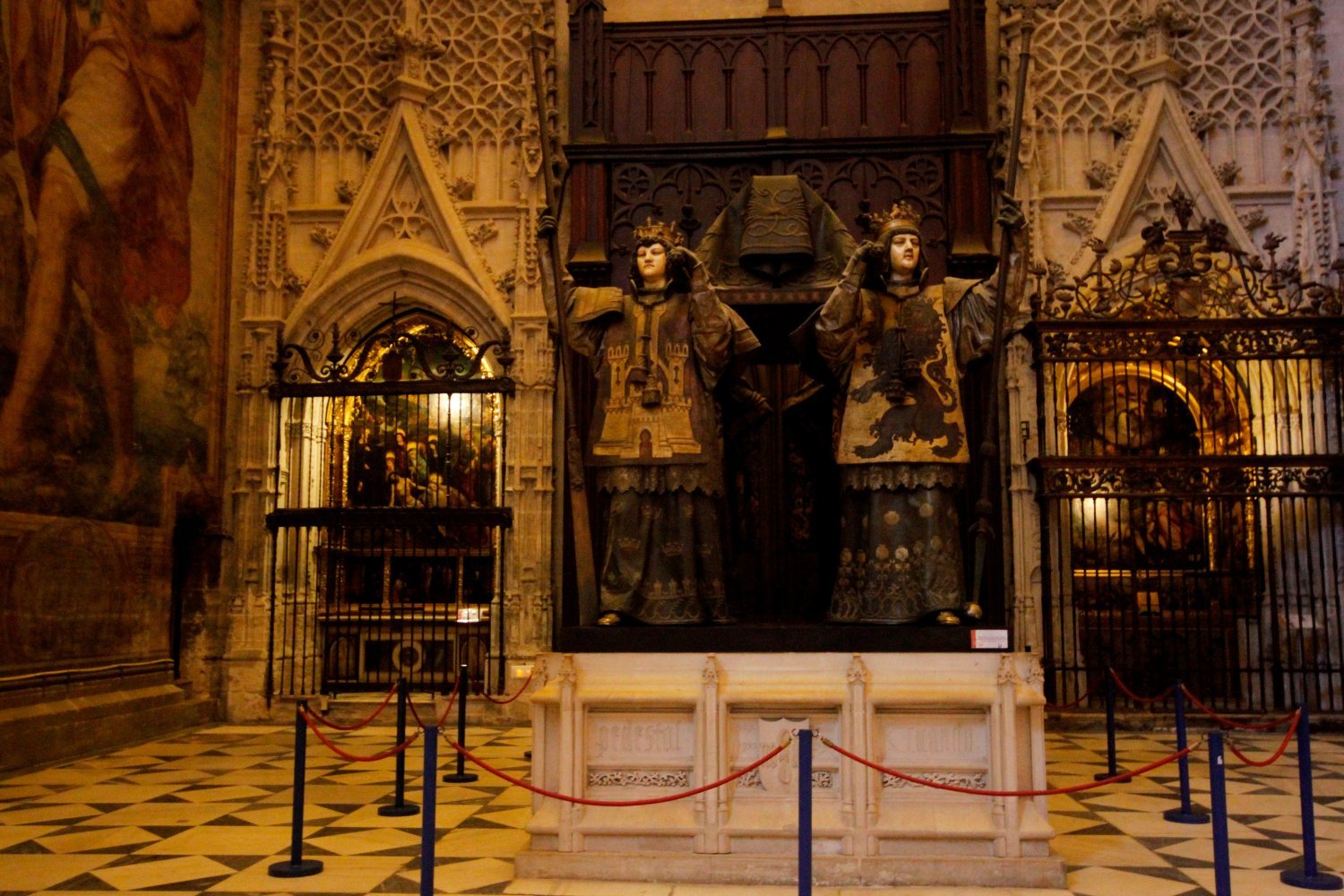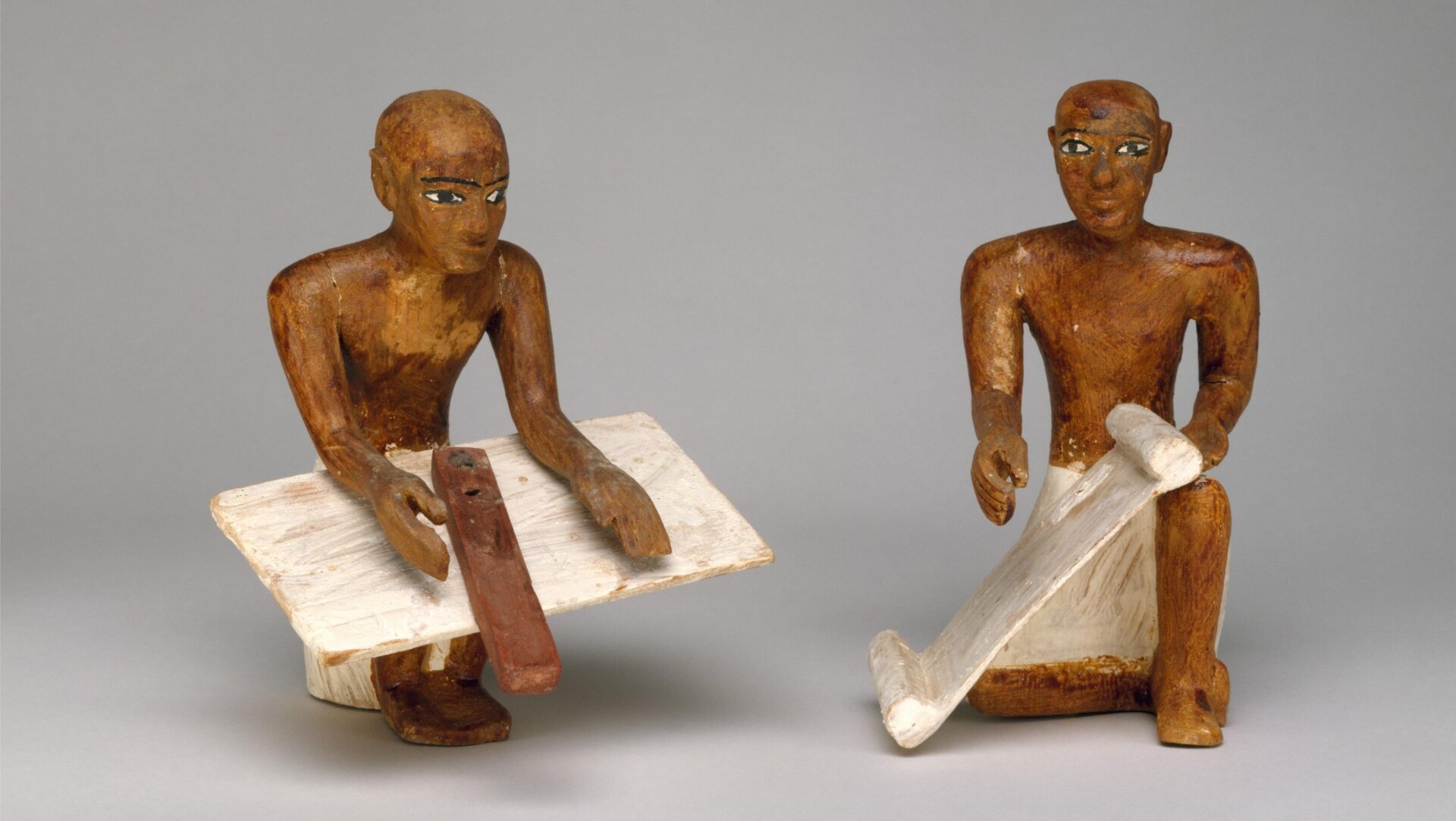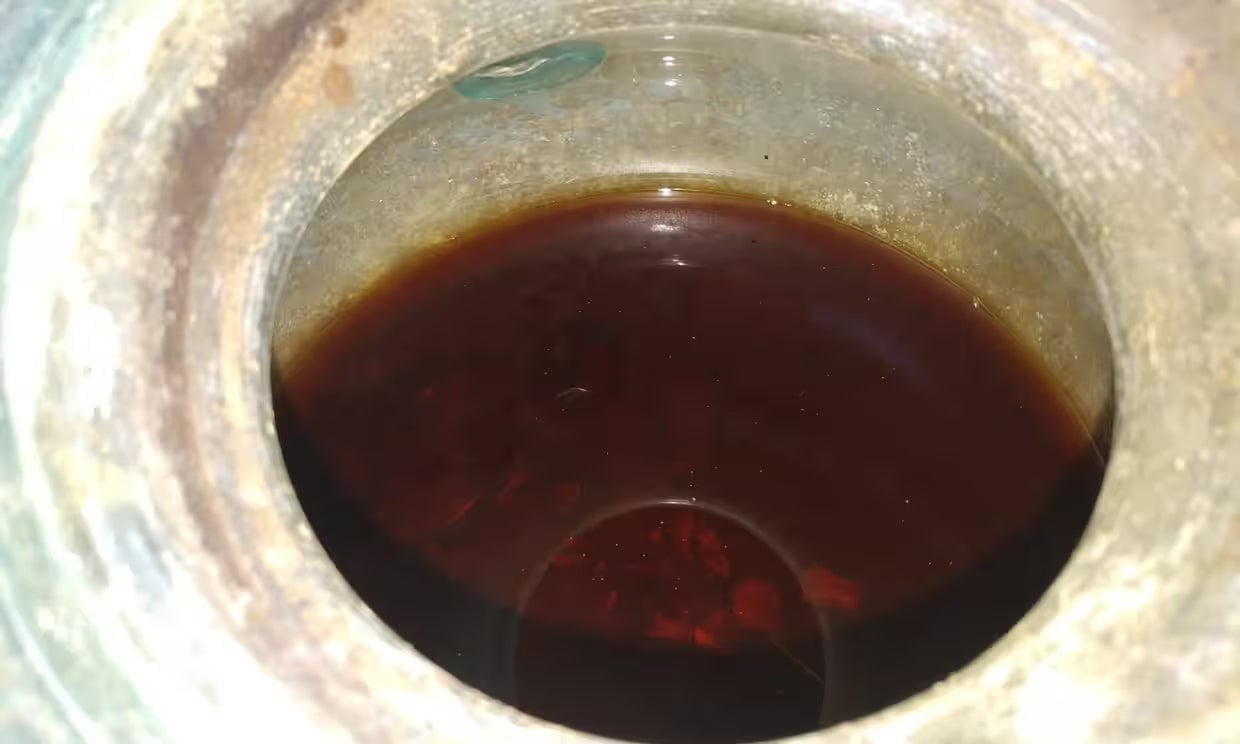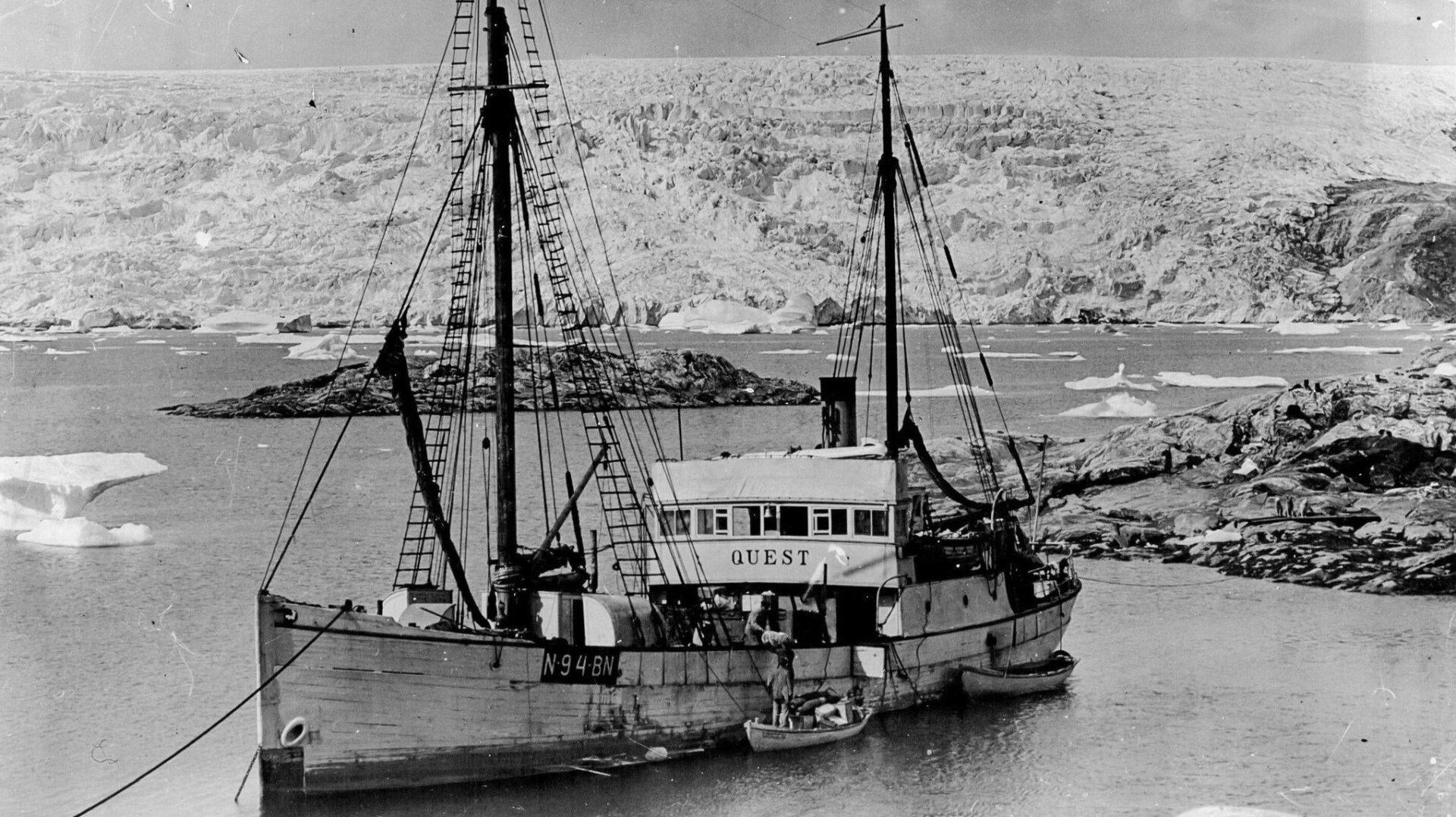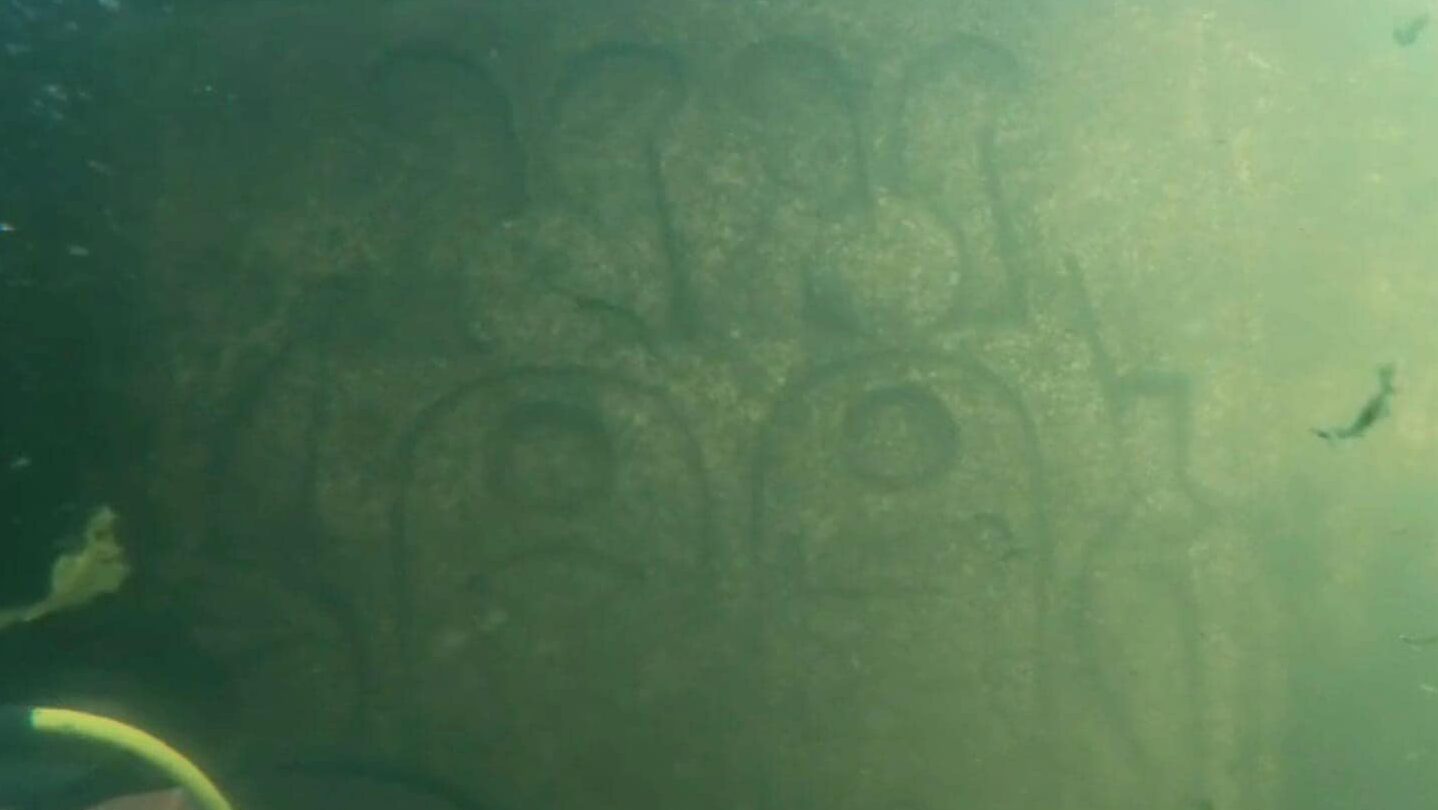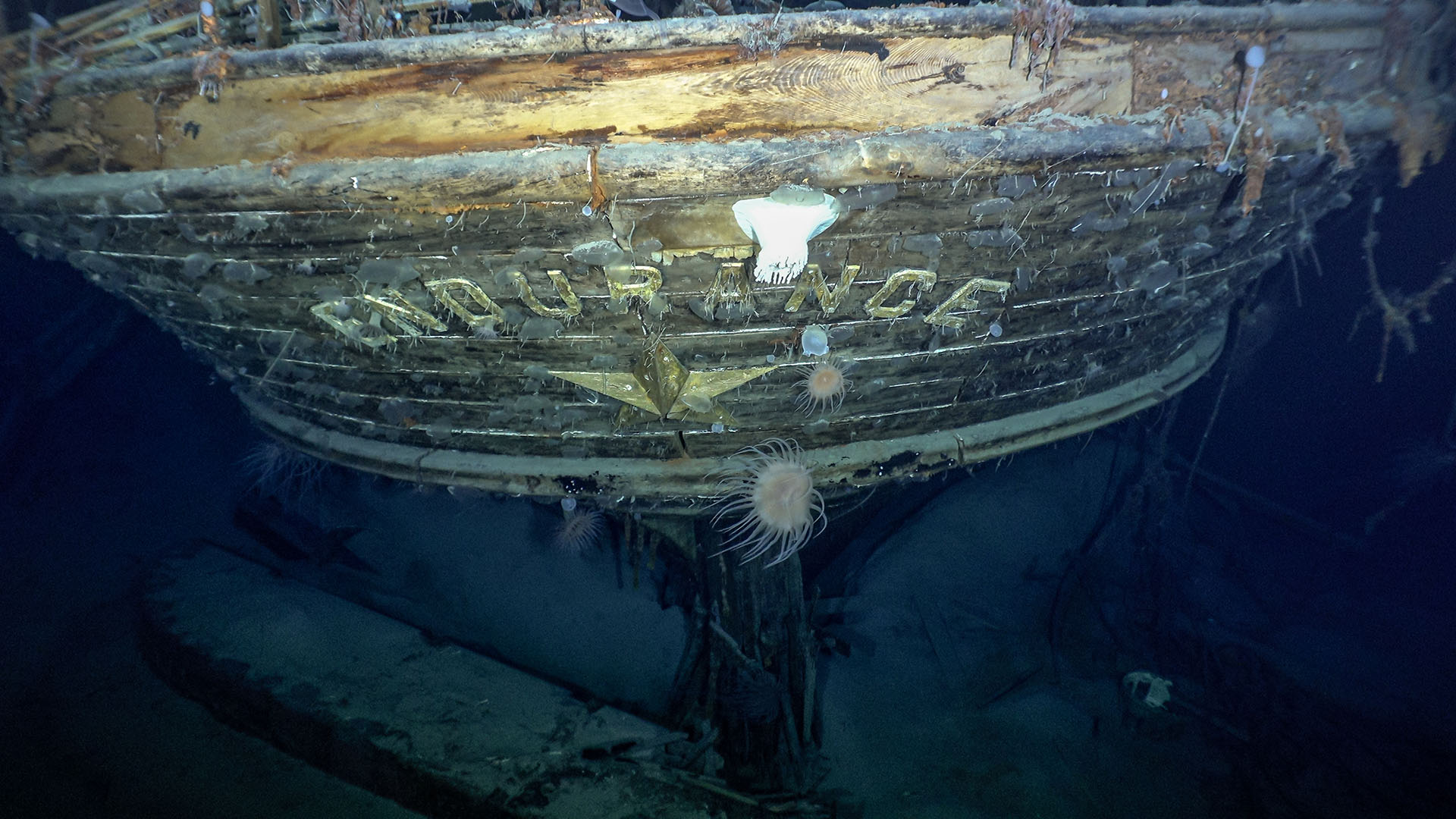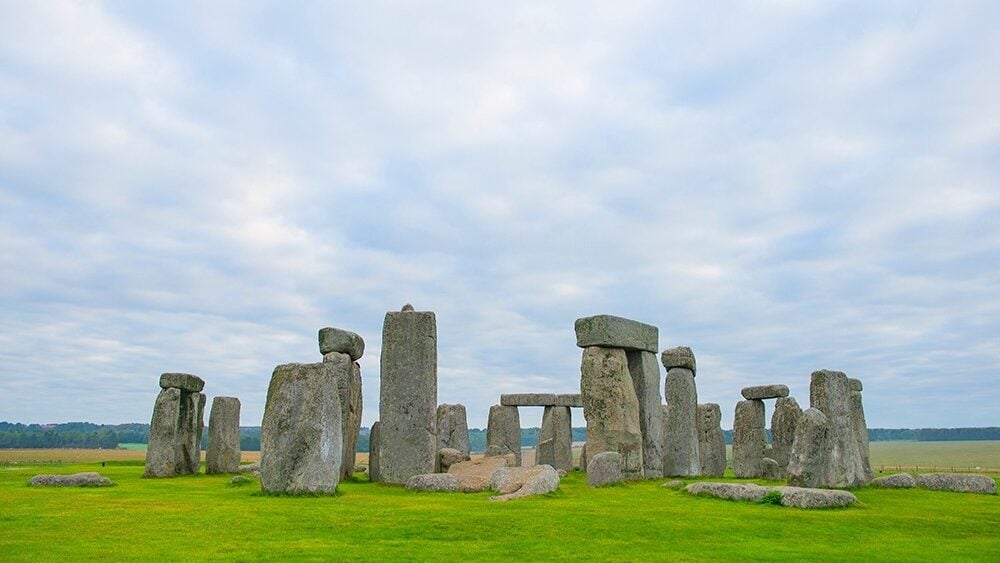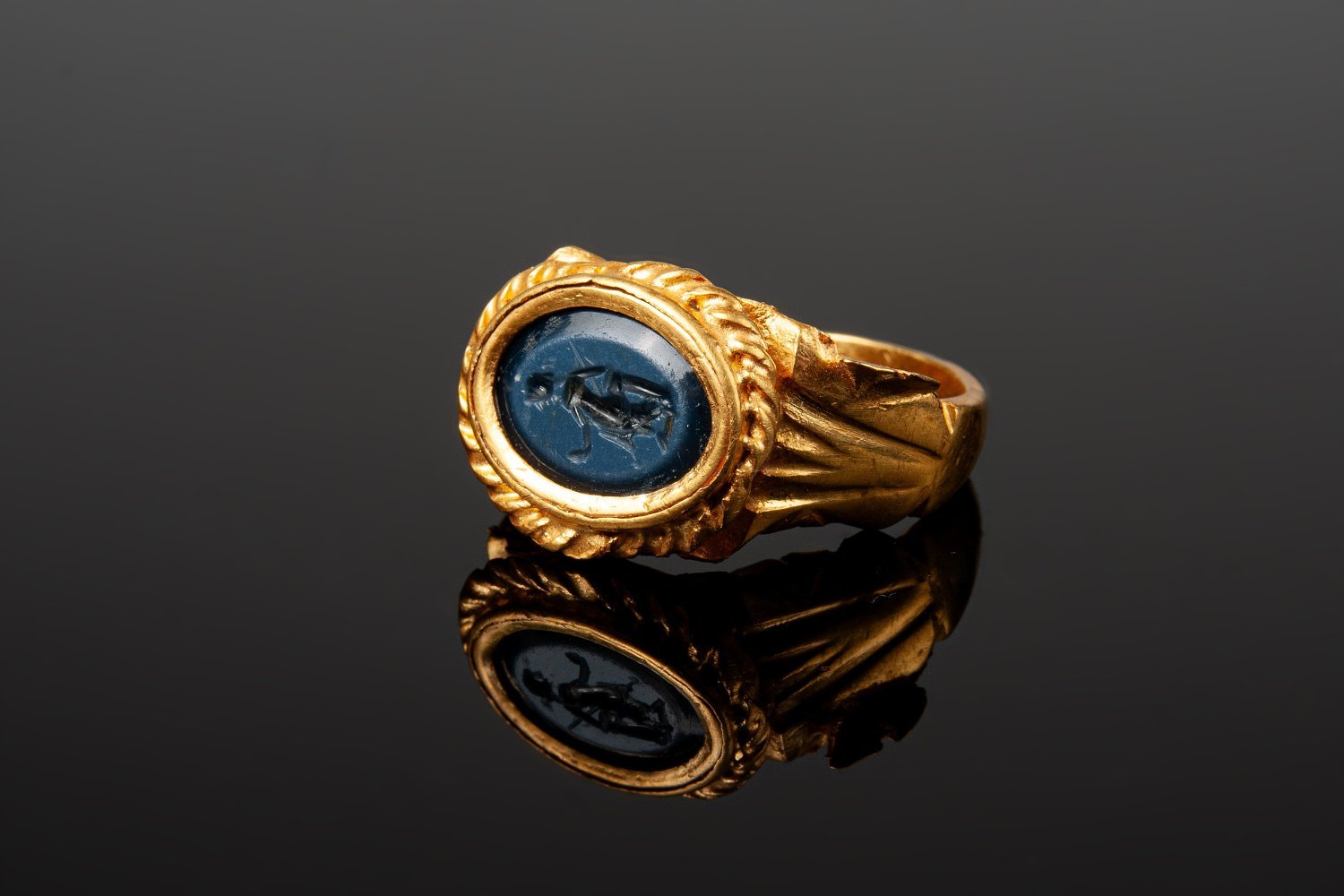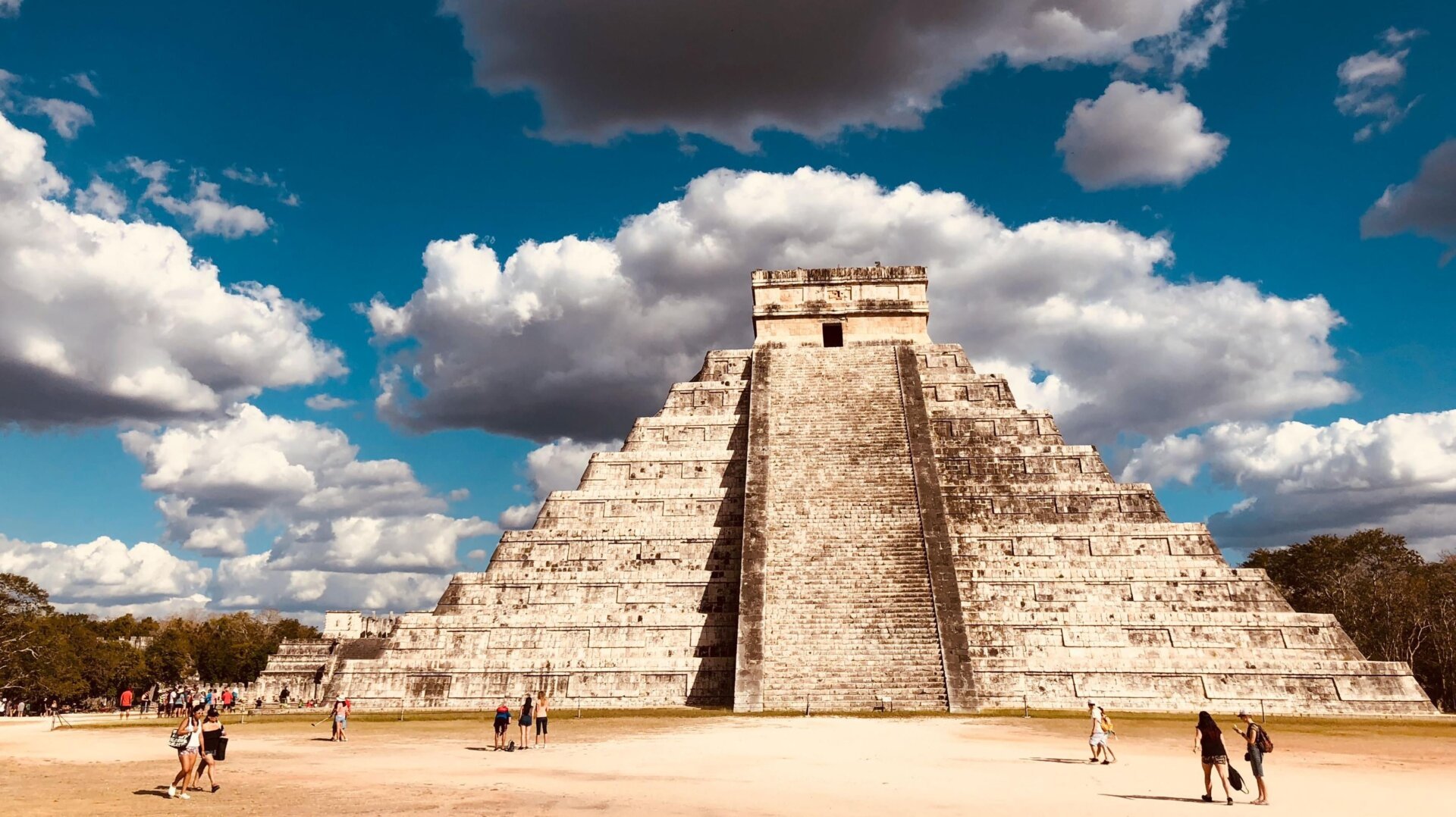DNA testing has confirmed that the remains housed in Seville Cathedral in Spain do indeed belong to the famed explorer Christopher Columbus. This confirmation puts to rest some of the debate surrounding the location of his final resting place. However, despite this significant discovery, the exact origins of Columbus remain shrouded in mystery. While it’s widely accepted that he was Italian, specifically from Genoa, alternative theories proposing Portuguese, Spanish, and even Polish roots continue to circulate. This enduring ambiguity surrounding his birthplace fuels continued research and debate amongst historians and scholars.
The Mystery of Columbus’s Birthplace
The most widely accepted narrative places Columbus’s birth in Genoa, Italy, around 1451. Historical documents, including his own writings, often refer to him as Genoese. However, concrete evidence definitively linking him to Genoa remains elusive. This lack of irrefutable proof has opened the door for various alternative theories to take hold.
Competing Theories of Origin
Portugal features prominently among the competing theories. Proponents of this theory point to Columbus’s fluency in Portuguese and his marriage to a Portuguese noblewoman, Filipa Moniz Perestrelo. Further fueling this theory are historical records suggesting Columbus spent considerable time in Portugal before his voyages to the Americas.
Spain also enters the discussion, with some historians suggesting Columbus was a Spanish Jew attempting to conceal his identity. This theory, although less widely accepted, draws upon the secrecy surrounding his early life and the complexities of the historical context in Spain during the time of the Inquisition.
Less prominent, but still intriguing, are theories proposing Polish and even French origins. These theories, often based on linguistic analysis or circumstantial evidence, add to the complexity of the ongoing debate about Columbus’s true birthplace.
DNA Confirmation and Ongoing Research
While the DNA analysis has provided conclusive evidence regarding the authenticity of the remains in Seville, it doesn’t offer definitive answers about his birthplace. The confirmation of the remains provides a crucial foundation for further research. Historians and scientists are continuing to explore historical documents, linguistic patterns, and even genetic analysis in hopes of finally uncovering the truth about Christopher Columbus’s origins.
The Enduring Enigma of Columbus
The enigma of Christopher Columbus’s origins continues to captivate and intrigue. Despite modern scientific advancements and extensive historical research, the question of his true birthplace remains unanswered. While the DNA confirmation marks significant progress, the full story of Columbus, from his earliest beginnings to his world-altering voyages, is still being written. The ongoing research promises to further illuminate the life and legacy of this controversial and influential figure in history.



